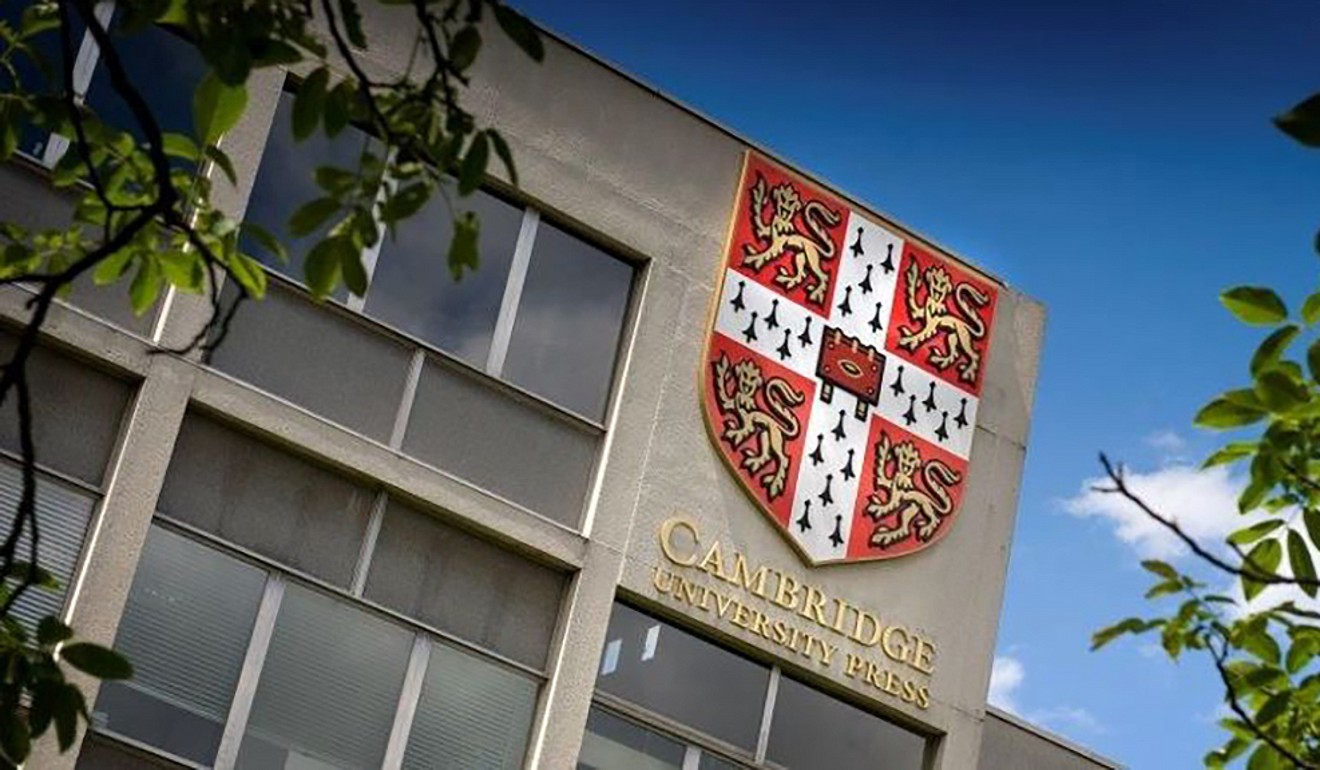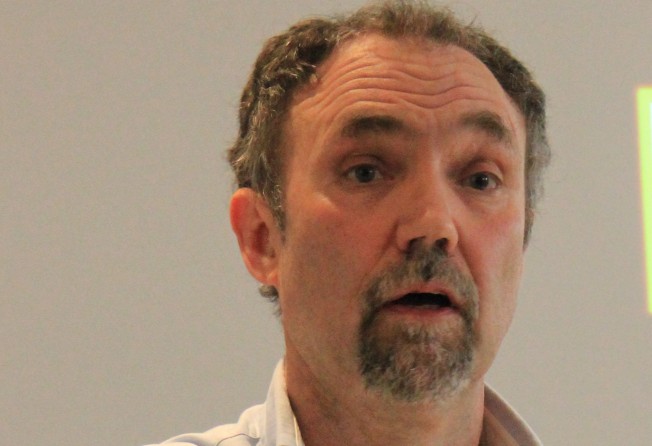
Editor fears chilling effect after articles blocked in China
Tim Pringle says other major China-focused journals have so far not faced similar pressure from the censors

Censors could be trying to “kill a chicken to scare a monkey”, Tim Pringle, editor of London-based The China Quarterly, said on Saturday after more than 300 articles from the journal were pulled from its online platform on the mainland.
Cambridge University Press (CUP) withdrew the articles at the request of the General Administration of Press and Publication to prevent the publisher’s whole online operation on the mainland from being shut down.
Pringle said other major China-focused overseas journals had so far not been subject to similar pressure but he was concerned it could have a chilling effect on the field.
“We have been in touch with other journals on this area. Their responses have been empathetic and outraged and they were willing to work with us to stop this going further,” he said.
Many of the withdrawn articles and book reviews touched on historical events and ran counter to the Communist Party’s version of history, Pringle said.
“Any new historical research to challenge that will be considered sensitive, because the Communist Party has made it clear that they don’t want to re-evaluate the 1989 [Tiananmen crackdown], the Cultural Revolution and the famine years [1959 to 1961],” he said.

Pringle was also concerned that the authorities could try to censor other articles in the journal. And he said he was worried that the crackdown could affect submissions to the journal, which publishes about 45 of the roughly 500 submissions it receives each year.
He said he had lobbied CUP to take “the strongest possible line or argument for upholding academic freedom” in meetings with mainland regulators at the Beijing International Book Fair this week.
Describing the censorship as “deplorable and regrettable”, Pringle said mainland scholars would suffer most from the censorship.
Dozens of articles on the modern history of Hong Kong and Taiwan were also cut, including one written by University of Hong Kong assistant professor Sebastian Veg on civic identity in post-handover Hong Kong.
Veg said he was disappointed CUP chose to comply with the authorities without clarifying the nature of the request and its legal basis. “There is nothing particularly sensitive about that paper, it’s a purely academic investigation of recent events,” he said.
Columbia University political science professor Andrew Nathan said that by censoring the articles, Beijing “is not making itself any safer, but weakening its own academic community”. Nathan’s article “The Tiananmen Papers Revisited” was also pulled.
“Even pro-regime academics and propaganda officials need to know what the outside world is saying on sensitive subjects,” he said. “And the many independent-minded students and scholars in China will learn through various channels that these resources exist, and will find ways to look them up and circulate them.”
Additional reporting by Nikki Sun and Jun Mai